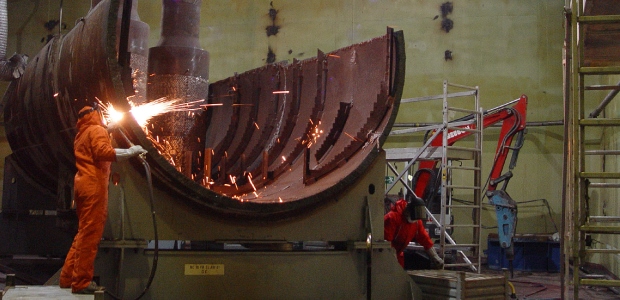
IAEA Announces 2016 Decommissioning Conference
Participants will discuss challenges, achievements, and lessons learned from nuclear site decommissioning and environmental remediation projects implemented during the past decade when they meet next May in Madrid.
IAEA announce that it will host the International Conference on Advancing the Global Implementation of Decommissioning and Environmental Remediation Programmes next May 23-27 in Madrid, an event where participants can discuss challenges, achievements, and lessons learned from nuclear site decommissioning and environmental remediation programs that have been implemented during the past decade. Participants interested in making a presentation have until Nov. 16, 2015, to submit a paper abstract via the conference's website.
"Much remains to be done in terms of addressing the legacies from the early development of nuclear energy, including the dismantling of research and fuel cycle facilities, research reactors and nuclear power plants," said Patrick O'Sullivan, a decommissioning specialist from the IAEA Department of Nuclear Energy and one of the Scientific Secretaries of the conference. "The same goes for the remediation of sites affected by past uranium mining and processing, by other activities involving the use of naturally occurring radioactive material, or by major nuclear or radiological accidents."
The most recent major conference on decommissioning organized by IAEA was 10 years earlier, in 2006, and one on environmental remediation took place in 2009. Significant developments in these areas have since taken place in some countries, according to the organization's announcement, which also said more than half of the world's nuclear power plants are now more than 30 years old, and many national programs face significant challenges.
"Decommissioning and environmental remediation are in many respects closely related," O'Sullivan explained. "Addressing both issues in one conference is a recognition that significant synergies exist between them, which should be explored to boost implementation of both activities across the world."